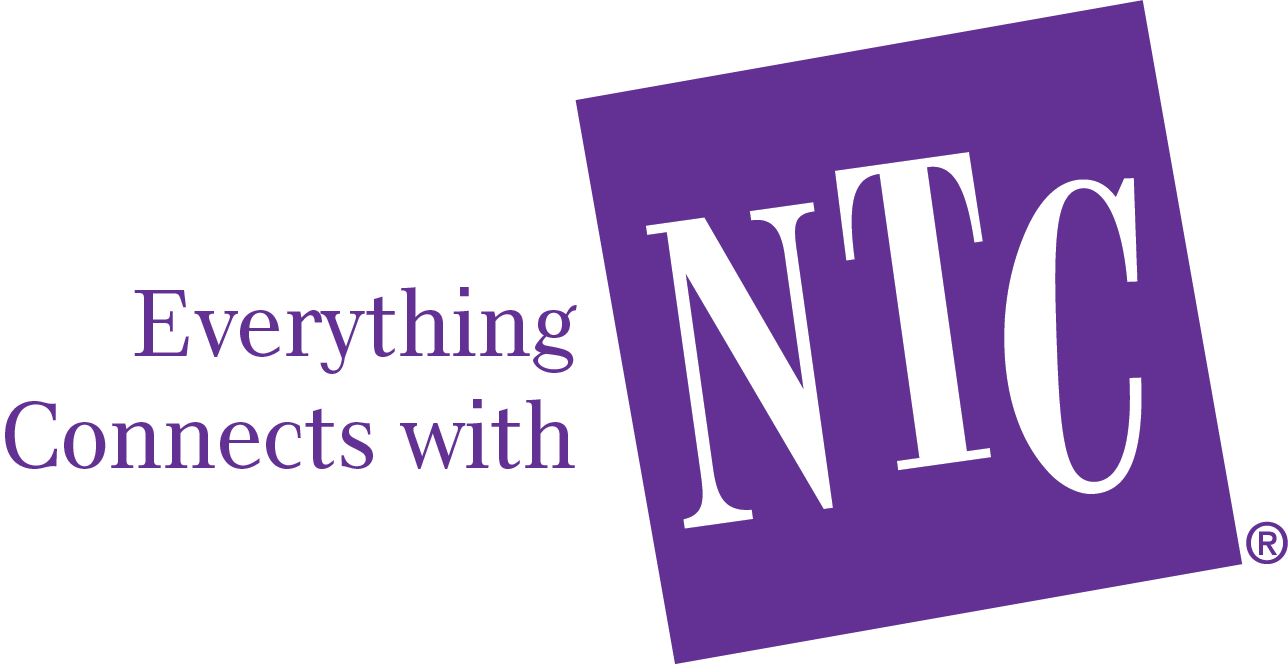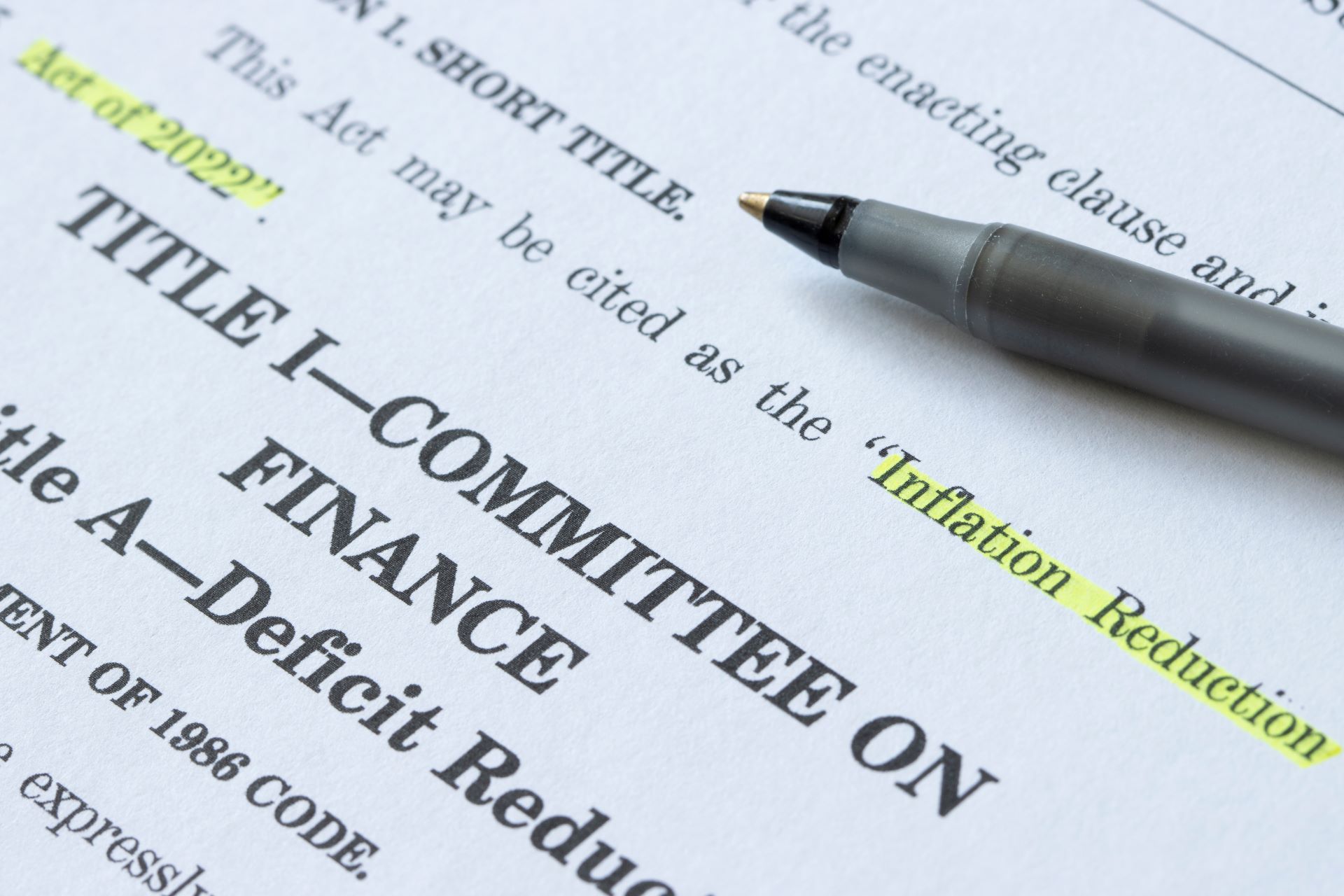Times are changing. We are shifting rapidly toward renewable energy sources and transitioning traditional technologies to fit that mold. In order to create sustainable change, both companies and consumers must be aware of what this energy transition provides us, as well as how to make the transition seamlessly. Energy efficiency education is an essential part of making that happen in the near term and in the future.
Energy efficiency education helps drive change in some important ways. Sustainable change requires lifestyle changes. In order to facilitate those changes, the ramifications must be fully understood. More importantly, we must see how those changes contribute to a smooth transition and why it’s so imperative that we hit our adoption and transition goals. The more we understand about those goals and the habits we must adopt to reach them, the better equipped we will be to take the necessary steps.
In general, lifestyle changes are much more easily made by young people. Their brains are malleable and they absorb new information quickly. Preparing the youth will also help carry us into a more energy efficient future through practical experience and their influence on consumer habits. Children and adolescents contribute more and more to household discussions, and the more they know, the more that information is adopted by the greater community.
For households without school age students, a different approach is required. Through robust energy efficiency education programs, we can give older generations the skills they need. Let’s look at some of the benefits of investing in energy efficiency education.
The Benefits of Efficient Energy Use
Energy efficiency is a concept that delivers big benefits. Some of them are personal and others will impact everyone we know and love. Understanding these benefits helps illustrate the need for a greater overall investment in energy efficiency education. Here are a few impactful benefits.
Cost Savings
One of the most immediately important benefits of energy efficiency education is the cost savings associated with energy efficiency.
Anyone who has purchased a new, energy efficient piece of technology over the past couple of decades has probably noticed a yellow label on the floor models. The purpose of these labels is to illustrate the annual cost of ownership and to show how much less it costs to operate energy efficient appliances. This efficiency benefits both consumers and the utility companies that provide the necessary power.
The more energy efficient workplaces become, the lower the operational costs, and that is reflected in improvements to the bottom line. Business owners can make meaningful changes in the office to help reach this goal, but it takes input from the entire team to gain the full effect. Energy efficiency education can help get them on board.
Increased Comfort
Since people use most technology to make their lives easier or more comfortable, it is important to derive maximum benefit out of that tech. There is sufficient benefit to teaching consumers how to adopt new tech systems that can more efficiently provide a comfortable temperature for interior climates.
More efficient HVAC systems use less power to keep interior temps at precise levels. Energy efficient windows and doors prevent heat passage and allow the HVAC system to reduce its workload. The temperature can be turned down during working or sleeping hours to further reduce energy consumption. All aspects are interconnected. The more steps that are taken, the greater the impact will be. People need to know this information and how to act on it. Education provides both the knowledge base and the resources to act on it.
The Population is Becoming Concerned about Creating a Cleaner Planet
Younger generations are focused on being more climate friendly, and will often choose companies based on similar focuses. Sticking with the energy usage status quo will have impacts on our environment that the next generation is focused on eradicating. Learning to adopt habits that help use energy more efficiently everyday has the power to benefit the living environment for years to come. Here are some of the benefits that drive consumer habits among many young people.
Cleaner Water
Clean water is a necessity for life on earth. All people, plants and animals rely upon it for hydration and to facilitate growth and movement. As more and more waterways become polluted to the point of creating unsafe drinking water, the less consumable water available to whole populations of people. Furthermore, to help alleviate this problem, technologies are required that burn fossil fuels, which allow for a negative feedback loop. In order to reduce the energy consumed by water purification facilities, a decrease in the amount of debris that is put into waterways is necessary. Consumers will choose providers committed to reduced water pollution.
Cleaner Air
Just like water, air is a human necessity. As it too becomes more and more polluted, the results will impact the health of every living thing on the planet. Reducing greenhouse gasses will help to get that pollution under control. Clean, renewable energy sources like wind and solar can provide necessary power without these harmful emissions. The more energy efficient the population becomes, the more capable these technologies become at providing adequate power.
Reduced Reliance on Natural Resources
As natural resource stockpiles are depleted, the more invasive extraction methods become. Not only does this contribute to poor air and water quality, but it significantly changes local ecosystems. Becoming more energy efficient helps alleviate this negative loop. This means both shifting to more renewable resources and spreading awareness through energy efficiency education.
The Importance of Energy Efficiency Education
From the perspective of climate change and future energy, the benefits associated with becoming more energy efficient are undeniable. Energy efficiency education is key to reaching energy efficiency goals now and to sustain them in the future.
Getting enough people to adopt the necessary changes to reach our energy efficiency goals requires awareness through education. Here’s how we can utilize educational systems to help reach sufficient energy efficiency measures that will make a difference.
Making the Energy Transition
The energy transition landscape can be exciting, confusing and urgent all at once. Not everyone has full knowledge of how this transition will play out or what will need to be done to make it successful, but almost everyone can agree that it will require the adoption of new ways of doing things. By providing young people with energy efficiency education, along with the knowledge of how to do things differently, will help not only with their influence on the behavior of family and friends today, but will pave the way for doing things differently in the years to come.
Making the Grid More Resilient
As technology shifts away from burning fossil fuels and toward electrification and the use of clean energy alternatives to generate this usable electricity, the more robust electrical grid systems are needed to handle that electrification. Energy efficiency education is necessary to ease the transition to electrification and help support the efficient use of grid systems over the long haul.
Increasing Adoption Rates
Children have enjoyed an increasing amount of influence over their families’ purchases over the past half century. Early education programs have the potential to drive increased adoption rates and make the transition more efficient. The earlier we begin these programs, the more effective they become.
How to Improve Energy Efficiency through Education
We can improve energy efficiency through education that teaches us how to make simple changes in our energy consumption habits. Even small steps create meaningful change when we get enough people on board. Let’s look at some ways education can help us improve our own habits to meet the goals of the larger community.
Education on Adopting Energy Efficient Technology
When it comes time to make life’s big purchases, we have a lot of options. Different models offer different features. Some are simple and effective, while others tout high tech features and increased power. Environmentally speaking, the most important options are those that promote energy efficiency.
Making the switch to electric vehicles and high efficiency homes and appliances is a wonderful way we can all get involved. Not only do they help reduce our carbon footprints, but they lower our monthly costs. State and federal governments are rapidly introducing legislation to require energy efficient technology, and adopting them early sets us ahead of the curve.
If we do not understand the impacts of the technology purchases we make, we may place little importance on energy efficiency. Those yellow tags give us a clue, but an early introduction to energy efficiency education is a much more powerful driver.
Education on Sustainable Products and Packaging
Single use items are large contributors of pollution on this planet. Many industries and companies are phasing them out, but they still exist in large numbers. Opting for more environmentally friendly options allows us to curb our environmental pollutant contributions.
Choosing sustainable products helps us use fewer resources, significantly reducing the strain put on the earth through manufacturing processes. Choosing reusable or recyclable packaging reduces the amount of pollution that would otherwise end up in landfills or the oceans.
Again, understanding the impacts that our rapidly filling landfills have on the environment and our health must be understood to create a sense of urgency strong enough to change our habits. Through proper education, we can ensure everyone understands how and why opting for more sustainable products protects our future.
Managing Energy Transition with Education
The world is transitioning to greener technologies, and well-funded energy transition education programs will be required to help bridge the gap between old and new technologies.
Energy transition programs give students the solid foundations in sustainability technology they need to excel in the future.
Driving Behavior Change
A key hurdle to achieving all the milestones we want to hit is the need to drive mass behavior change. One person making changes does make an impact, but large scale adoption is required to create the substantial improvements we need. There are some simple steps to make this a reality.
Get Started Early
One thing we can do to drive sustainable behavior change is to provide energy efficiency education from an early age. The earlier we can introduce energy efficiency education into the educational journey, the better. Reaching students in K-5 schools is ideal.
Learning energy efficiency principles early on gives youth time to grasp the basics with ample time to focus on learning about creative solutions long before entering the workforce. This experience empowers them for a sustainable future by providing them with the tools and skills needed to succeed in their selected fields.
Showing them how to make an impact and why it matters in those formative years both creates communities that care and gives them the knowledge to improve their lives for the long term.
Engage Employees in Energy Efficiency Education Programs
Adults serve as important role models for the youth. As such, the more we know about energy efficiency and its impact on both climate change and the power grid, the more we can model that information for the next generation. Engaging employees in training in energy efficiency as a form of continuing education is a fantastic way to give them the skills they need.
Many of us want to make a difference but simply do not know how. Continuing education programs that provide us with the tools we need to make sustainable choices and strive for a cleaner future benefits the whole planet.
The Role of Educational Institutions
Electricity and sources of energy are being taught in standard curricula, but teachers do need support in teaching about energy efficiency in meaningful ways. It is not always something that is taught in overburdened school systems and sometimes there are just not enough hours in the day. Supplemental education programs go a long way toward bridging these gaps.
Sponsoring energy efficiency education programs that support teachers and engage students is a great way to bring energy efficiency education to young people, help create sustainable behavior changes, and effectively spread that messaging out into the community.
Companies like NTC use schools as community hubs, which makes it possible to reach not only affluent communities, but harder to reach communities as well. NTC programming has the ability to reach all students, including those in lower-middle income communities, rural communities, small towns, urban centers and suburban areas.
Long Term Solutions to Environmental Impacts
The importance of education in energy efficiency cannot be overstated. Without a pipeline of knowledgeable and passionate young people, future industries may find it difficult to keep up with a shifting world. As the world population has grown, environmental pollution has also grown, which makes a commitment to sustainable climate change and energy efficiency initiatives even more important.
Reducing our environmental impact is necessary to meet the goals world leaders have set to curb the most severe effects of climate change. To make that a reality, the world will require a smooth energy transition that will provide our power needs without reliance on dirty fuels. Education is key to making that happen.
The best long term solutions to environmental impacts involve helping youth prepare for the changing landscape. The key is to reach as many young people as possible. Sponsoring energy efficiency education programs is an effective way to reach students in large numbers. Utilizing creative engagement in energy efficiency programs allows that programming to have the greatest impact. If you would like more information on sponsoring a program in your community, reach out to NTC Corporate for more information.













